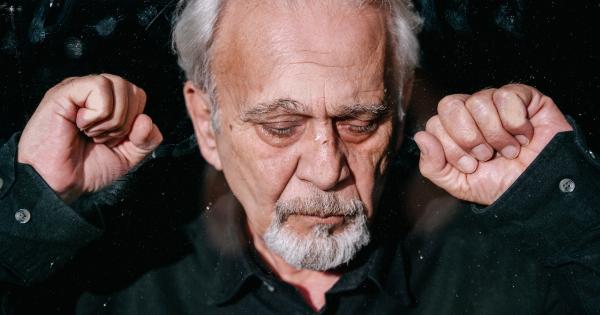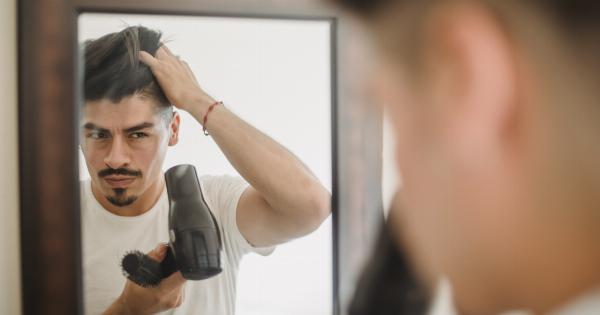Hair loss is a common problem for both men and women. It can be caused by several factors, including genetics, age, stress, and certain medical conditions.
While there are several remedies available in the market for hair loss, not all of them are effective. Some of them may even cause more harm than good. However, there is one ingredient that has been proven to be effective in preventing and treating hair loss. This ingredient is none other than – Biotin.
What is Biotin?
Biotin is a water-soluble vitamin that is part of the B complex vitamins. It is also known as vitamin H or B7. Biotin is essential for the metabolism of carbohydrates, fats, and amino acids.
It also plays a crucial role in maintaining healthy skin, nails, and hair.
How Does Biotin Work for Hair Loss?
Biotin helps to strengthen hair strands and promotes hair growth. It does so by improving the keratin infrastructure of the hair. Keratin is a protein that makes up the hair, skin, and nails.
Biotin increases the production of keratin, which makes the hair stronger and less prone to breakage. Biotin also stimulates hair follicles, which promotes new hair growth.
Biotin Deficiency and Hair Loss
Biotin deficiency can cause hair loss, among other symptoms. However, biotin deficiency is rare, and most people get enough biotin from their diet. Biotin is found in many foods, including eggs, nuts, whole grains, and leafy green vegetables.
However, biotin supplements can be beneficial for people who have a biotin deficiency or people who want to improve their hair health.
How to Take Biotin for Hair Loss?
The recommended daily intake of biotin for adults is 30 micrograms (mcg). However, some studies suggest that higher doses of biotin may be more effective for hair loss.
It is recommended to take biotin supplements daily for at least three months to see results. Biotin supplements are available in various forms, including capsules, tablets, and gummies.
Precautions and Side Effects
Biotin supplements are generally safe and well-tolerated. However, high doses of biotin can cause side effects, such as skin rash, acne, and digestive issues.
Biotin supplements can also interfere with certain laboratory tests, which could lead to incorrect test results. Therefore, it is essential to inform your doctor if you are taking biotin supplements.
Other Natural Remedies for Hair Loss
In addition to biotin, certain natural remedies may also be effective in preventing and treating hair loss. Some of these remedies include:.
- Saw Palmetto: Saw palmetto is an herbal supplement that is commonly used to treat hair loss in men. It works by blocking the enzyme that converts testosterone into dihydrotestosterone (DHT), which is a hormone that is known to contribute to hair loss.
- Essential Oils: Essential oils such as lavender, peppermint, and rosemary have been shown to improve hair growth and thickness. These oils can be applied directly to the scalp or mixed with a carrier oil, such as coconut oil or jojoba oil.
- Vitamin D: Vitamin D deficiency has been linked to hair loss. Therefore, it is essential to get enough vitamin D from sunlight or supplements.
Conclusion
Biotin is a natural and safe ingredient that can help prevent and treat hair loss. It works by strengthening hair strands and promoting hair growth.
Biotin supplements are easy to find and can be beneficial for people who have a biotin deficiency or want to improve their hair health. However, it is essential to consult with your doctor before taking any supplements.

























